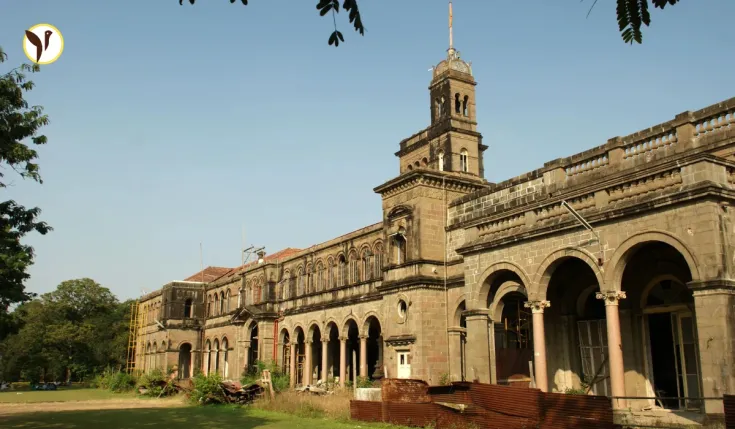Savitribai Phule Pune University (SPPU) is starting a new postgraduate course all about Chhatrapati Shivaji Maharaj and how his leadership helped shape the idea of nation-building. The course is set to kick off in the 2025-26 academic year, and they announced it on the day of his 395th birth anniversary — which feels pretty fitting, honestly.
This move is about more than just history lessons. The university wants to help students really understand the kind of leadership and planning Shivaji Maharaj brought to the table — stuff that still matters today, especially when we talk about good governance and strategic thinking.
What’s the Course All About?
The course is a Master of Arts program that will run for two years. But it’s not your usual MA history class. It goes deep into the life and work of Shivaji Maharaj — especially his vision for the nation and the way he ran things. Here's a quick idea of what students will learn:
-
The kind of administration he set up and how he managed his kingdom.
-
His smart military strategies and important battles he fought.
-
How he approached national security and defense planning.
-
What the social and political situation was like in the Deccan region during his time in the 1600s.
Prof. Suresh Gosavi, the Vice-Chancellor of SPPU, said that the course is meant to help students look at Shivaji Maharaj’s leadership as something still valuable today — not just as history, but as a guide for modern governance and building a stronger nation.
Why This Course Matters Today
You might wonder, why now? But honestly, the timing makes sense. There’s a lot young people can take away from the way Shivaji Maharaj led — especially when it comes to discipline, planning, and taking responsibility for the people. The course hopes to show that his leadership wasn’t just great back then, but that his ideas still have real meaning now.
This initiative isn’t just about celebrating the past — it’s about learning from it. It’s a chance for students to connect the dots between what worked centuries ago and what can still work today when it comes to leadership, governance, and national vision.







